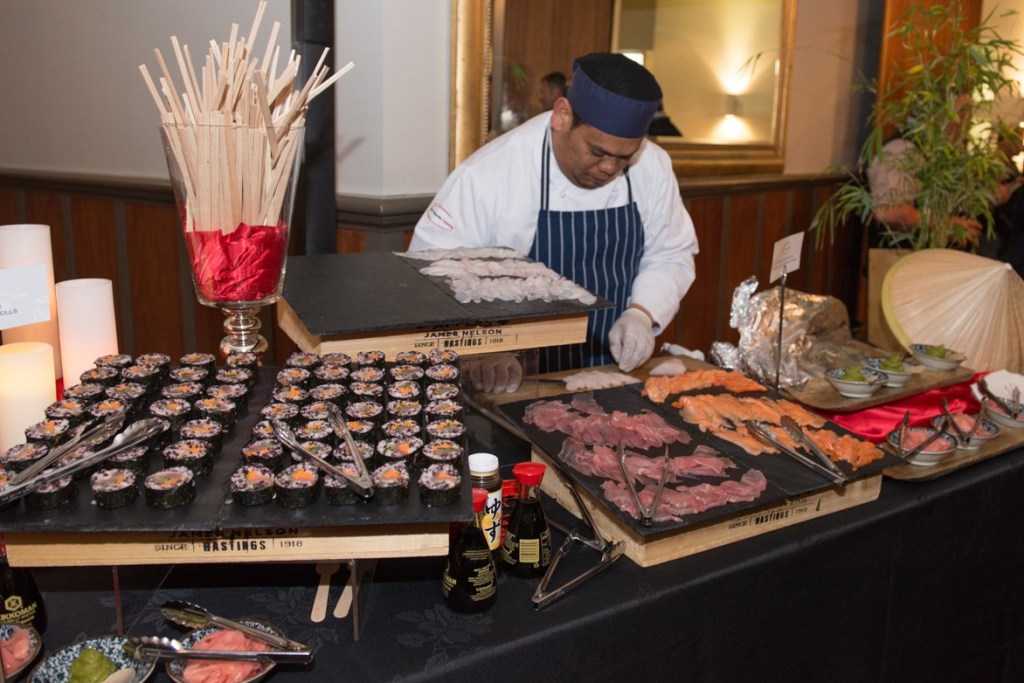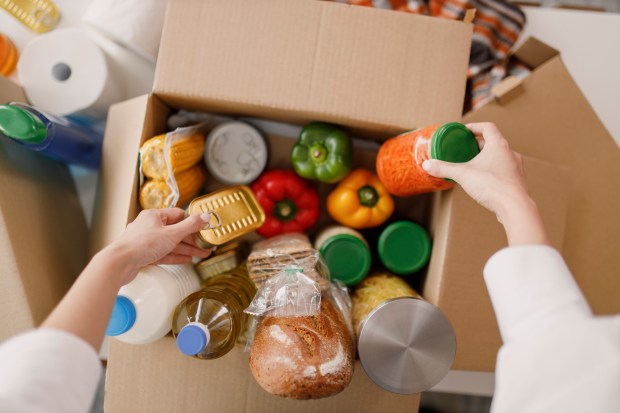Food for 575 delegates from two cancelled conferences in Auckland and Nelson last week has been donated to those in need.
The hotel industry’s Maximum Occupancy conference in Auckland, and the Seafood New Zealand conference in Nelson had catered to provide morning teas, afternoon teas, lunches, and dinners for all participants for two days each.
Business Events Industry Aotearoa (BEIA) Chief Executive, Lisa Hopkins says these are examples of COVID-cancelled business events where, rather than wasting resources, organisers have partnered with community organisations to help those in need.
“We know business events are good for the communities where they happen, bringing not only revenue, but also a wider social legacy. Now, even during a lockdown, business events still find ways to make a positive community impact,” she says.
Maximum Occupancy conference organiser, Garrick Loft, General Manager of Fastrack Digital, says the food for 275 delegates at their two-day annual conference, scheduled for 18 and 19 August at Aotea Centre, was catered by Urban Gourmet who have a relationship with Auckland City Mission to donate food.
“Using this already well-established partnership, we were quickly and safely able to donate our fresh food and produce to people who needed it.
“While we always knew that a new community outbreak might affect our event in some way, to have it happen 12 hours before the exhibition floor opened left us with some unique issues to deal with.
“I am so glad that working with Urban Gourmet, we were able to ensure all perishable food was donated to the Auckland City Mission within hours. This meant we were able to pay it forward to Tamaki Makaurau and bring some positivity on a difficult day,” he says.
The Seafood New Zealand conference to be held on 19 and 20 August, was organised by event management company, Lime and Soda. Some of its food was provided directly by New Zealand seafood companies attending the conference, and some provided by the venue, Rutherford Hotel Nelson. It was all donated to the Nelson Environment Centre Kai Rescue programme.
Seafood New Zealand chief executive, Jeremy Helson says he was deeply disappointed the conference could not go ahead, but the current COVID-19 climate made the decision inevitable, and the right thing to do.
He thanked the Nelson Regional Development Agency, the seafood companies who donated, and particularly Rutherford Hotel Nelson for collaborating to make sure none of this kaimoana and other valuable food went to waste. “Without their work, the mammoth effort of redistribution would not have been possible.”
“These are difficult times, and some in the community are having a more difficult time than others. If this puts a smile on a few faces, we will be happy,” Helson says.
Lisa Hopkins says even when things look dire, our business events sector continues to find ways to be a positive light in the community.








